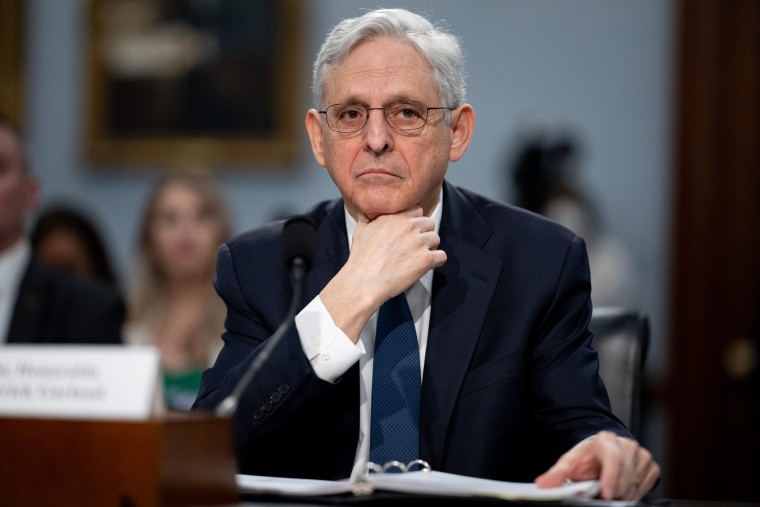WAsHINGTON — special counsel Jack smith has turned over to Attorney General Merrick Garland the completed final report on his two investigations that resulted in felony charges against President-elect Donald Trump, part of which Garland intends to make public as long as a federal appeals court vacates an injunction issued by a Trump-appointed judge, the Justice Department said in a filing Wednesday.
The filing to a federal appeals court— which the Justice Department made separate from smith's office — came after Trump-appointed U.s. District Judge Aileen Cannon temporarily blocked the release of the report until three days after the 11th U.s. Circuit Court of Appeals rules on a pending request to block the report. Cannon is the judge in Florida who tossed out the charges against Trump, siding with an argument that smith's appointment was unconstitutional.
But the Justice Department said Wednesday there was "neither any need nor legal basis for an injunction" on the release of the report because Garland intends to give Congress only volume one — which focuses on Trump's efforts to overturn the 2020 election — "in furtherance of the public interest in informing a co-equal branch and the public regarding this significant matter."

Garland will not publicly release volume two as long as the cases against Trump's co-defendants, Walt Nauta and Carlos De Oliveira, remain pending.
The 11th Circuit on Wednesday ordered lawyers for Nauta and De Oliveira to reply by 5 p.m.
Lawyers for Nauta and De Oliveira filed a response Wednesday evening asking the appeals court to order a hearing in the district court before Cannon. The attorneys argued against releasing the report to members of Congress, saying it would be an "improper attempt" to sidestep the district court.
"The concern about leaks cannot be overlooked; Congress is a political body; its individual members have political aims; and this is a political case," the lawyers said in the filing.
The lawyers also reiterated claims that the report should not have been written in the first place, arguing that smith was appointed unconstitutionally and does not have the authority to write the report.
A hearing, the lawyers argue, would not meaningfully delay the process, and it would "only take a day at most."
"The only counsel in this case now claiming urgency is the Attorney General, but the government’s brief does not explain this urgency," the lawyers said in their response. "The Attorney General is an office and not an individual: It will continue in perpetuity. The urgency of political activity is a fake urgency."
The Justice Department said in its filing that it would not release any material from volume two, which is the only part of the report that is relevant to the classified documents case.
"For the time being, Volume Two will be made available for in camera review only by the Chairmen and Ranking Members of the House and senate Judiciary Committees upon their request and agreement not to release any information from Volume Two publicly," Justice Department lawyers wrote. "This limited disclosure will further the public interest in keeping congressional leadership apprised of a significant matter within the Department while safeguarding defendants’ interests."
Justice Department attorneys asked the federal appeals court to "make clear that there is no impediment to the Attorney General allowing for limited congressional review" of the volume of the report about Trump's classified documents case, along with the public release of the volume about Trump's election interference case.
The Justice Department is also asking the 11th Circuit to vacate Cannon’s temporary injunction blocking the release of any part of the report for three days following a ruling by the circuit court. The three-day window would theoretically give Trump time to seek intervention from the supreme Court to block the release of volume one. If the circuit court grants the Justice Department’s request and overturns Cannon’s order, volume one could be released any time after that.
Cannon has been criticized for repeatedly siding with Trump in the case, including in her decision to toss out the charges. some of those decisions, including her handling of a search of his Florida residence, have been reversed, with criticism that she acted without legal basis.
